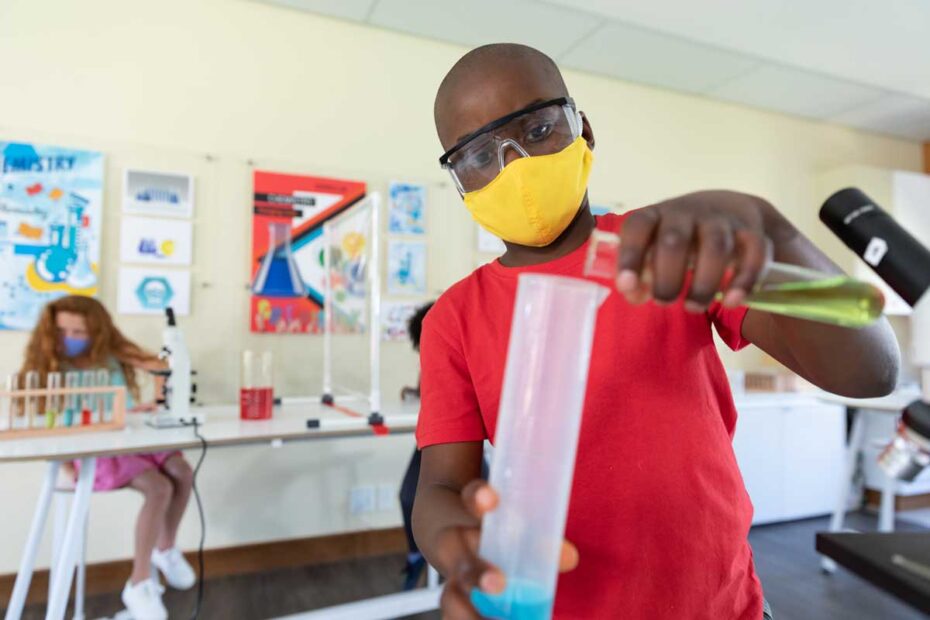While there are “smart student characteristics” that are common to all disciplines and all grade levels, there are some characteristics that indicate strength in a given discipline. In science, for example, there are a number of variables that determine whether or not a student will develop as a “proficient” science student. Science, like math and social studies, includes multiple disciplines with each having a discipline-specific set of understandings and expectations, a core of shared scientific habits of mind and thinking skills, and a set of “non-science” competencies (e.g., purposeful/critical writing and critical reading).
A summary of these characteristics is included in the chart below.
| Characteristics Required for Proficiency in Science | Current Tools Available | Usable in Regular School Setting | Usable in VI or NTI Setting | Priority |
| Mastery of appropriate grade level reading skills that enable interaction with science text | ||||
| A positive attitude about scientific work | ||||
| A positive perception of self as “scientist” | ||||
| Mastery of grade level appropriate scientific vocabulary, graphic displays, and equipment use | ||||
| Successful linkage of scientific “habits of mind” and thinking strategies to scientific content | ||||
| Mastery of grade level appropriate writing skills needed to demonstrate thinking in science | ||||
| Successful application of purposeful writing skills (e.g., writing to explain or writing to learn) | ||||
| Mastery of grade level appropriate review and revision strategies | ||||
| Mastery of the reading and writing skills required on state science assessments | ||||
| Mastery of the mathematics skills required for successful mastery of a scientific discipline and/or success on state assessments | ||||
| Mastery of formal register scientific communication | ||||
| Mastery of the different formats and venues of the state science assessments | ||||
| Successful recognition of and use of scientific skills and concepts in real-world situations |
In a standards-based world, especially with the high-stakes accountability assessment in place, science teachers and their students are at risk. Not only are multiple disciplines present on most science tests but critical reading, purposeful/scientific writing, critical and scientific thinking, formal register communication in a variety of testing formats venues, and genre expectations that are embedded in the state assessment or not spelled out directly in state “standards” and are embedded in all the questions on the state assessments. It is critical for science teachers and science specialists to assess student progress in virtual school and identify the disqualifiers that may prevent students that truly know science from demonstrating that knowledge on the state assessment.


